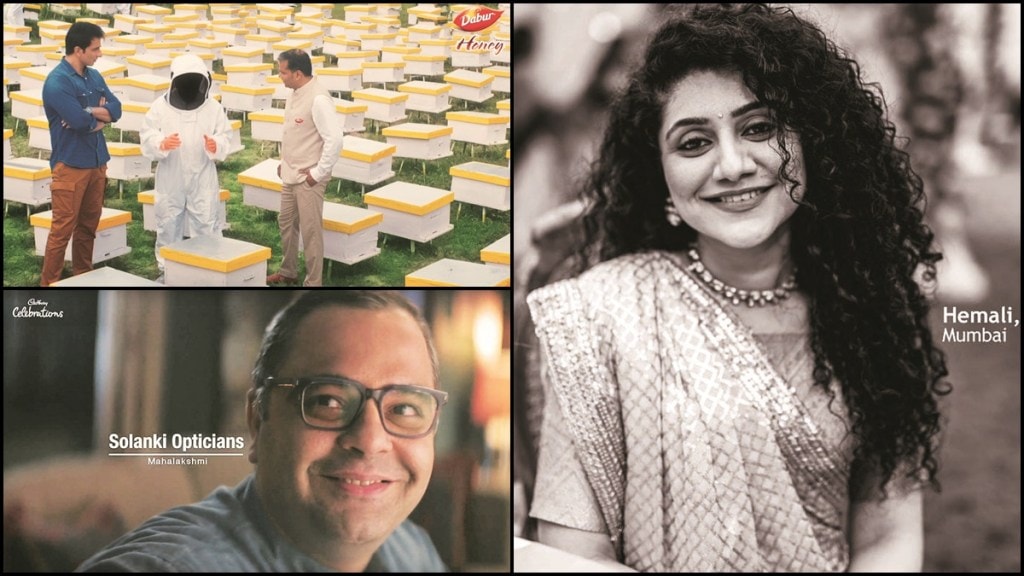In December 2020, a groundbreaking report by the Centre for Science and Environment (CSE) shook the fast-moving consumer goods (FMCG) industry. CSE researchers tested honey from 13 top brands like Dabur, Patanjali, Baidyanath and shared that only three brands passed the nuclear magnetic resonance (NMR) test that ascertains the composition of a product at the molecular level. Dabur was quick to respond with reports that there was no evidence of sugar syrup in their honey.
Cut to 2022. On August 1, actor Sonu Sood asked a pertinent question on Twitter. “For my fitness regime, have decided to switch from sugar to honey in my diet. But how to be sure about purity of #honey that we consume?” he wrote. Seeing a prospective high-profile brand ambassador with a good reach, Dabur India seized the opportunity to pitch their product to Sood. Byas Anand, Dabur India’s head of corporate communications, was seen taking Sonu Sood to their farms and factory to show how hygienically and organically they synthesise their honey. The ad film was released around mid-August.
In the age of influencer marketing, real advertisements that show the original consumers of products or take audiences on a journey to their product-making process strike a different chord. “Dabur honey is one of the most trusted brands in India and Sonu Sood is also looked upon as an extremely trustworthy voice,” says Dabur India marketing head, health supplements, Prashant Agarwal.
“When he enquired about the purity of honey available in the market on social media and Dabur responded to the query, we saw it as a wonderful opportunity to build an authentic experience around the exchange. We tagged along with the actor and our corporate communications head Byas Anand to capture the entire journey from hive to home,” he adds.
According to Agarwal, authentic stories build a strong connection with the audience because there are no filters or scripts. “It’s just the real experiences that help strengthen people’s trust in the brand,” he says.
Talking about if realistic ads help the brand gain more traction, Dabur shares that in future too, they will resort to realistic advertising and storytelling which is supported by such credible voices. “In the past couple of years, the brand has focused on creating digital-first content through campaigns like Heroes of Honey, Shubho Bijoya, etc, which have featured exclusive stories of beekeepers, honey collectors and their families. These campaigns have performed very well on engagement metrics and driving conversations, particularly amongst millennial audiences. We will continue leveraging digital as a medium for such realistic and emotional advertising,” says Agarwal.
Lately it has also been proved that celebrity endorses do not necessarily guarantee success. Leading actors like Ajay Devgn, Shah Rukh Khan and Akshay Kumar were criticised for endorsing a pan masala brand through surrogate ads.
Dabur’s choice of Byas Anand to appear in the video is, thus, also a shift away from celebrity endorsers. Talking to FE, Anand says, “When Sonu Sood agreed to experience the purity journey of Dabur Honey, we decided to present this entire journey in the form of a digital campaign. The intent was to keep it realistic as an experiential and informative tour for the larger audience.”
Similarly, when personal care brand Dove drove the campaign to #StopTheBeautyTest, it connected with consumers much more than ads claiming to lighten skin colour and propagating biases. Here were real women showing their real skin on camera and talking about their experiences with the product—a welcome shift from fair-skinned actors and models endorsing fairness creams and soaps. It aimed to send the message: “We must stop putting women through the unfair beauty test.”
Priya Nair, executive director, HUL & VP – beauty and personal care South Asia, opines, “As owners of some of the largest beauty brands in the country, the onus to make beauty more positive and more inclusive is on us. With #StopTheBeautyTest, we want to go one step forward in that direction.” The campaign went on to emphasise the unspoken impact of judgments on self-esteem and body confidence of women.
In the past, tea brand Brooke Bond Red Label Tea’s ‘6 Pack band’ advertisement that showed transgenders and a 2017 Vicks ad campaign which showed a transgender mother raising a daughter, too, won many hearts and went viral. In fact, the former was awarded the Grand Prix Glass Lion in Cannes. “In 2016, we set a challenge to #Unstereotype and move to progressive portrayals of people in our ads,” reads a note from Unilever.
Manas Lahiri, managing director, Havas Worldwide India that created the recent Dabur ad and has also made ads for brands like Durex, Citroen and Vivo says, “When Sonu Sood posted a genuine health query on social media regarding the quality and purity of honey, we saw it as a great opportunity for Dabur Honey to build an authentic live experience. We felt capturing this journey would help build a strong connection with the audience and further help strengthen people’s trust in the brand.”
Similarly, ad agency Ogilvy India teamed up with Cadbury Celebrations to put out a heartwarming ‘Not Just A Cadbury Ad’ wherein they showed real small businesses.
Also Read: Nestle’s Munch Max ropes in Kartik Aaryan as brand ambassador

